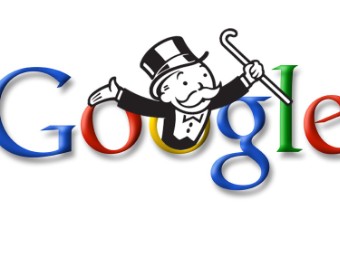

2012 turned out not to be the end of the world, but it still was a year that many Big Tech companies would rather forget.

Investors in Google think 2012 was a pretty good year: Shares are close to their all-time high, and the company expanded its dominance in mobile.
Here's the catch: Government regulators are after the search giant.
Google (GOOG) faces antitrust lawsuits in both the United States and Europe, in what could be the biggest anti-monopoly court battle in years.
Google has begun weaving its own products into search results over the past few years, including its Google+ social network, local business listings, airline schedules and weather reports. That often has the effect of placing competitors' listings lower on the results page.
Microsoft, which runs the distant No. 2 search site Bing, and online reviews site Yelp (YELP) are outspoken critics of Google's tactics. Congress has also asked some pointed questions.
Will U.S. regulators take action? The U.S. Federal Trade Commission appeared ready to close an extensive investigation without filing a lawsuit, but when news of that outcome leaked, critics blasted back -- and the agency appears to be reconsidering. The next chess move is expected in January.
Google might not be so lucky in Europe. With stricter antitrust laws and some particularly harsh words from regulators, the company could face big penalties and requirements that it change the way it does business in a region where it controls 90% of the search market.
Google's run-ins with government regulators didn't end with antitrust issues. The FTC slapped Google with the biggest fine in the agency's history -- $22.5 million -- for violating a prior privacy settlement. And after "willfully" stonewalling the Federal Communications Commission's investigation into personal information accidentally grabbed by Google's Street View cars, the company was fined by that agency too -- although the damage was a measly $25,000.